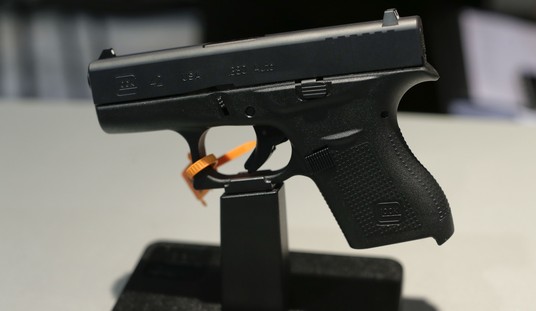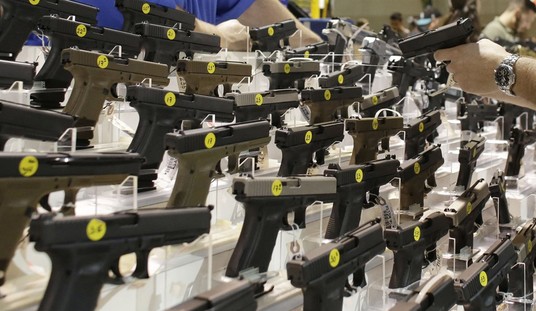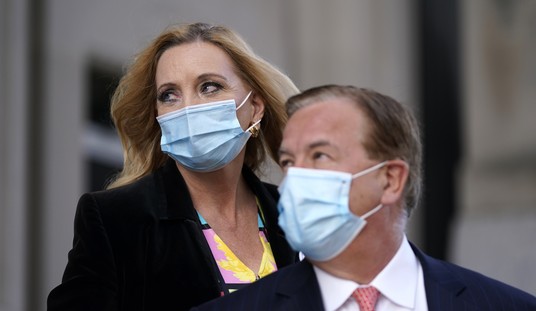Two days ago, President Trump instituted new guidelines for the next 15 days in an attempt to flatten the curve of the infection rate of the COVID-19 virus. Since then we’ve seen a number of law enforcement agencies around the country announce changes to operations in an attempt to prepare for the spread of the coronavirus that originated in Wuhan, China in late 2019. Officers in Philadelphia won’t be making arrests for a number of non-violent offenses, while some sheriffs are starting to release non-violent offenders from jails.
The Virginia Beach Sheriff’s Office is releasing some nonviolent inmates from the jail in response to the coronavirus pandemic.
The VBSO has identified 60 inmates in the Virginia Beach Correctional Center who qualify for their Electronic Home Incarceration program. The program uses GPS-monitored ankle bracelets to allow the VBSO to monitor the location of participating inmates.
The program is available to inmates who have 90 days or less of their sentence to serve, are charged with nonviolent, misdemeanor offenses, and have a safe place to go, according to the VBSO.
People who have just been arrested but also fit the criteria may be eligible for the program, along with some nonviolent felony offenders. Those will be decided on a case-by-case basis, according to the VBSO.
Former NYPD police officer Rob O’Donnell joins me on today’s Cam & Co. to talk about some of these dramatic policy changes and what it could mean for public order on the streets, particularly in large cities.
O’Donnell would prefer to see steps taken inside of jails to limit the spread of the virus, such as serving meals to inmate in their cells, restricting communal outdoor time, and other steps to socially distance the inmates from one another and the corrections staff.
We also discuss other steps that departments around the country are taking to ensure that there’s no shortage of front-line officers, and O’Donnell says it’s a mixed bag. He’s particularly critical of the response in New York City, where officers have been told that even limited direct contact with an individual confirmed to have COVID-19 is okay, and there is no need to self-quarantine during the incubation period. O’Donnell says there’s a severe shortage of personal protection equipment like N95 masks for officers as well, and he’s deeply concerned about the effects that these policies will have on the health of the rank-and-file officers in New York City.
Be sure to check out the entire conversation above, and stick around for today’s armed citizen story, our recidivist report, and a pretty special Good Deed of the Day as well. Thanks as always for watching, listening, and spreading the word!









Join the conversation as a VIP Member